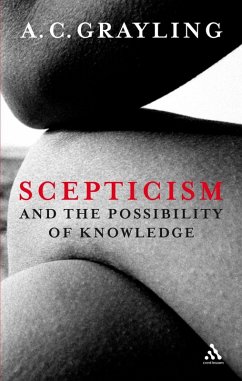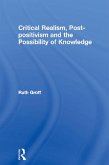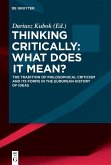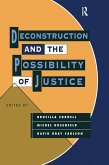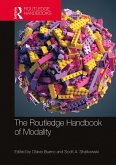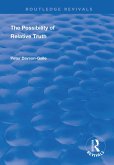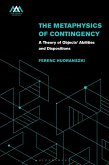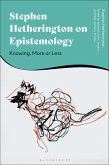Scepticism as a philosophical term is as old as the Greeks but has more recently been advanced by Montaigne, Descartes and Hume. To these, what little we know that seems certain is based on observation and habit as opposed to any logical or scientific necessity. Thus, sceptical views relate directly to epistemology-the theory of knowledge and what we can know-and, in the modern turbulent world, it is grayling's contention that these are issues that all contemporary people need to focus on. In seeking understanding of the human condition we need more than just a set of beliefs about it: all belief is irrational. We want to know or garner some kind of proof about the fundamental truths of human existence. This is the crux of the dilemma facing intelligent people today and is illuminated by this book.

